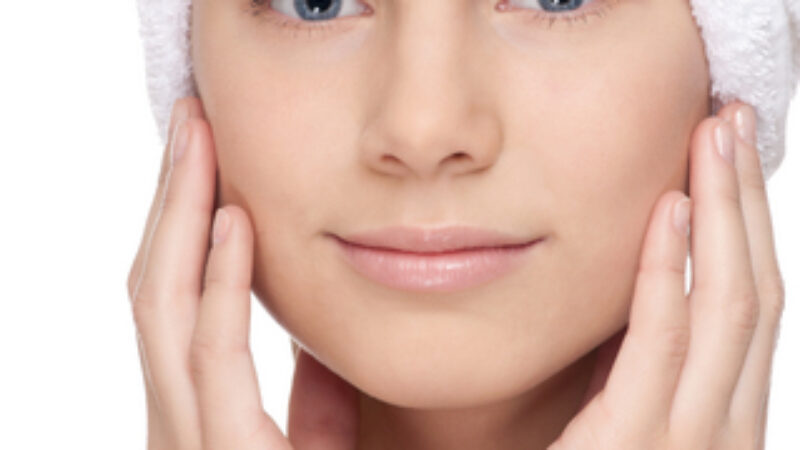We Love Retinoids!
If a skin care miracle truly existed, then retinoids would surely be at the top of the list. Backed by decades of research, retinoids have long been the darlings of the anti-aging industry. Working as cell communicators, retinoids have been shown to effectively increase cell turnover, reduce pigmentation, even out skin tone, unclog pores, stimulate collagen production and manage acne. No small feat by any stretch of the imagination!
Despite what retinoids have going for them, many of us have been hesitant to include them in our skin care routine because of concern regarding potential side effects. You can successfully incorporate retinoids into your anti-aging arsenal while minimizing the downsides. It all comes down to knowing which one to choose and how to use it.
What are Retinoids?
Retinoids are a group of skin care actives encompassing retinol, retinaldehyde – also known as retinal – and retinoic acid. When applied topically to the skin, retinol must first be converted to retinaldehyde and then retinoic acid in order to be effective and produce those amazing benefits. Pure retinoic acid for topical use is only available by prescription and is also the most potentially irritating form of retinoids. Luckily, for the retinoid beginners, there is no shortage of over-the-counter products that can start you on the road to amazing skin.
How to Choose Retinoids
So, which one to choose? Our top pick is retinaldehyde (also known as retinal), which can be found in Apothekari A is for Anti-Aging. Formulated with patent-pending IconicA, this gentle yet extremely effective retinal serum is the direct precursor to retinoic acid, providing the ultimate in wrinkle reduction and prevention properties to skin while being the least irritating Vitamin A retinoid. Its unique formula also boasts Helioguard 365 (for UVA protection), niacinamide (an antioxidant), bisabolol (an anti-inflammatory), and SymWhite (a skin brightener). A is for Anti-Aging is ideal for all skin types.
Retinol is another retinoid, with similar activity to retinaldehyde. While it is effective, some of our customers tell us that it can be a bit more irritating to skin. However, it’s an ingredient that is certainly worth your consideration. Retinol can be found in in Neostrata Brightening Complex and Neostrata Comprehensive Eye Cream. Both formulations will help to deliver an increase in skin firmness and brighter skin. Neostrata has long been respected as a leader in science-based skin care, and these two offerings are no different, blending retinol with other anti-aging agents such as peptides and vitamins C and E to tackle multiple signs of aging.
How to Use a Retinoid
To reap the benefits of retinoids with minimal side effects, it’s best to follow a few simple tips:
- Introduce it gradually into your skin care routine, giving your skin plenty of time to adjust. Allow the skin to build up tolerance by using on alternate nights for the first two weeks, slowly increasing frequency to using nightly. Most novice retinoid users make the common mistake of not allowing the skin to adapt to the strength of the retinoid, resulting in peeling, redness and inflammation. We’re all anxious to get radiant, smooth skin but with retinoids, patience is definitely a virtue.
- Use a stable, broad-spectrum sunscreen during the day as retinoids may increase skin’s sensitivity to the sun.
- Apply a moisturizer if needed, giving your skin 20 minutes to absorb the retinoid first. Opt for a basic moisturizer that does not contain AHA’s such as glycolic acid or other exfoliants which could overtax the skin.
- Retinoids break down when exposed to sunlight, losing their efficacy so use only at night and store in a dark, dry place.
- Give it time. Retinoids affect cells deep in the dermis where new skin cells are produced. Considering the fact that skin cells grow and shed in a cycle of 28 days (and even longer as we get older), don’t expect results overnight. As much as they are seen as a skin care “miracle”, the saying “all good things come to those who wait” could not be more apt when it comes to retinoids.




